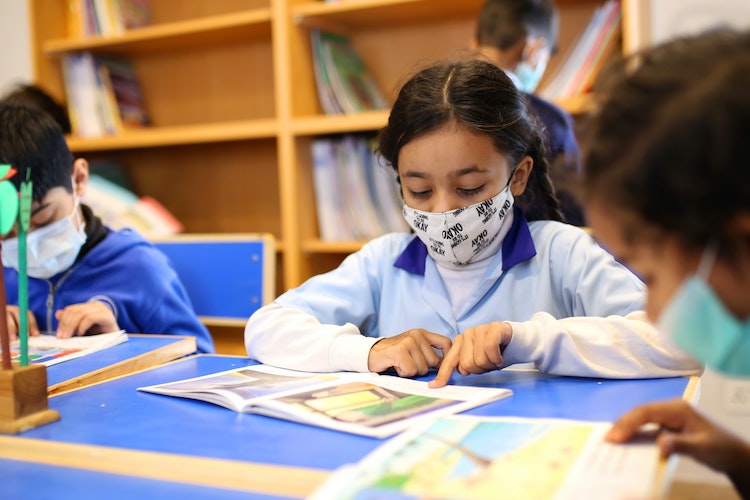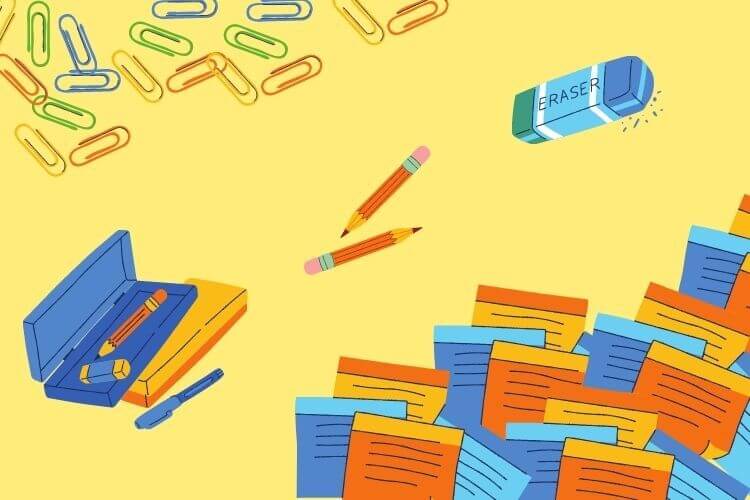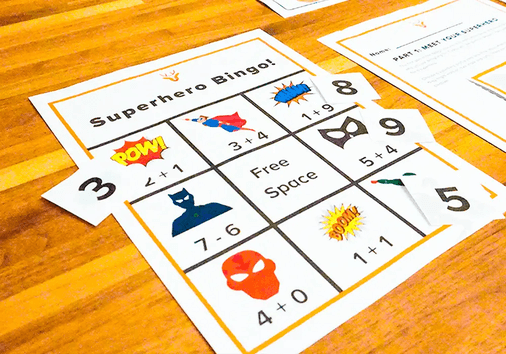1. Read, but be selective
The ability to read, and read well, is an incredibly important skill. Teaching little ones to read not only helps to develop their language and listening skills, it supports their vocabulary, spelling, verbal fluency. But reading alone is not enough to stretch many young learners’ skills. Many children who select their own books, select texts that are far too easy for them. Understanding your child’s independent reading level will help you to support their selection of both challenging and interesting books to make sure their skills don’t atrophy.
2. Start a family game night
Not only do family game nights help children build resilience and social awareness, recent research indicates that certain board games may improve little ones’ initial understanding of numbers, support reading skills, and build resilience. Initiating a family game night is a wonderful way to engage young learners’ minds for a few evening hours.
3. Conduct some kitchen science
The holidays are filled with food, and baking with young children is a great way to infuse math, science, and language into everyday activities. Children can start by counting ingredients or grouping foods by texture, density, or category. Having them actively participate in the cooking process organically introduces them to the concept of “more than” and “less than” (and even fractions). Model trying new dishes and encourage children to sample and describe unfamiliar ingredients. Ask them about the foods they loved and the foods they’d prefer not to try again and why.
4. Make decorations together
Children develop better spatial skills when they are allowed to build, iterate, and create with physical objects. Spatial reasoning has been linked to enhanced performance in math and science and predicting a students’ trajectory into the science, technology, engineering, and mathematics fields.1 Building holiday decorations together not only encourages children’s active, physical exploration of their world, it presents an opportunity for children to engage in creative, divergent thinking and develop cognitive flexibility.






